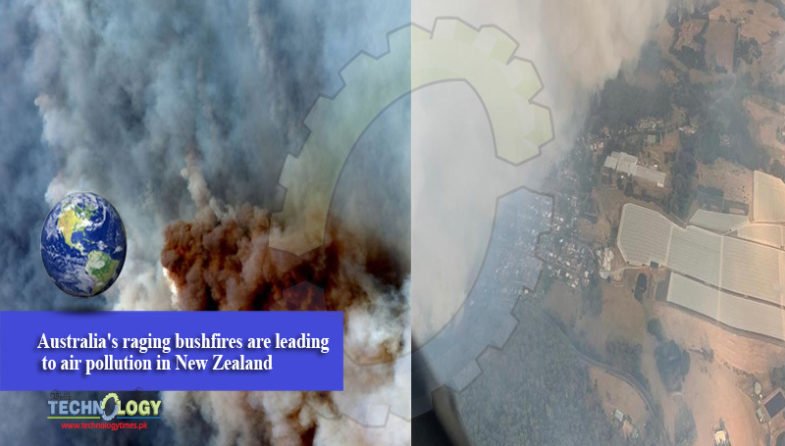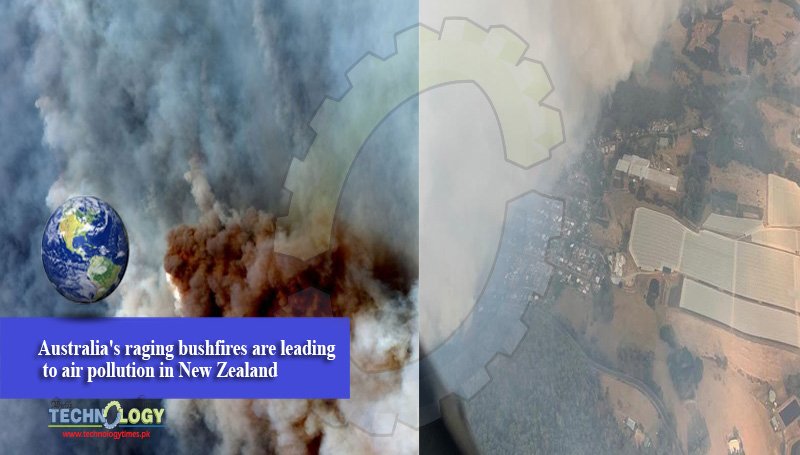Australians were choking on smoke for weeks as good sized bushfires rage across the country. Now, that thick blanket of haze has descended upon their neighbours, with New Zealand waking on New Year’s Day to a completely apocalyptic-looking 2020.

Smoke from Australia’s fires blew 1,2 hundred miles southeast throughout the Tasman Sea, smothering New Zealand’s South Island and turning the sun an ominous crimson on Wednesday. People all across the island stated the robust scent of smoke, from Christchurch to Queenstown and beyond.
“It’s been occurring for quite a while because the Aussie bushfires had been going,” meteorologist Aidan Pyselman informed New Zealand news website Stuff in an article published Dec. 31. “At the moment it’s definitely extra noticeable, mainly over the South Island.”
The haze also travelled as much as the North Island, masking New Zealand’s capital Wellington with a grey veil. Fortunately it had thinned a chunk by using Thursday, and the skies are predicted to clean up further as wind blows the smoke out over the Pacific Ocean.
However, New Zealanders might not be capable of breathe clean just yet. Smaller plumes of smoke will continue to bother the country till Sunday, and it’s probable that attacks on New Zealand’s air excellent will continue to be a threat until Australia’s fires die down.
Australia’s bushfires have killed 18 people, inclusive of seven in New South Wales during the last week. At least 1,400 homes had been destroyed and eleven million acres burned, with nearly 1/2 one thousand million animals believed dead.
The unprecedented bushfires were fuelled via hot, dry situations across the country. Drought, sturdy winds, and record-breaking heat have baked Australia into best kindling — situations many Australians blame on climate alternate.
“Just a 1C [1.8 degrees Fahrenheit] temperature upward push has meant the extremes are some distance extra extreme, and it’s miles setting lives at risk, including firefighters,” former NSW Fire and Rescue chief Greg Mullins stated in November. “Climate change has supercharged the bushfire problem.”
